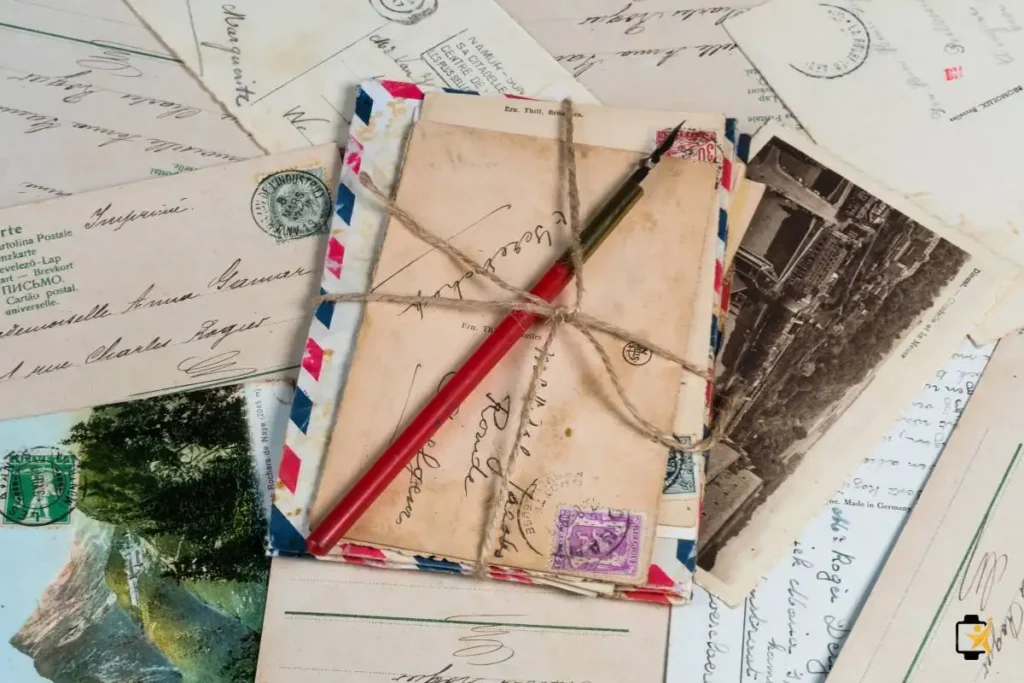Writing a senior letter is a great way to show appreciation and support to a graduating senior. It is a heartfelt message that can leave a lasting impact on the recipient. The purpose of a senior letter is to congratulate the graduating senior on their achievements, offer support and encouragement, and provide advice for their future endeavors.
In a senior letter, the writer can express their gratitude towards the graduating senior for the time spent together, the memories shared, and the lessons learned. The letter can also serve as a reminder of the writer’s belief in the graduating senior’s potential and their ability to succeed in their future endeavors.
The writer can use the senior letter as an opportunity to offer advice and guidance to the graduating senior. This can include sharing personal experiences, offering words of wisdom, and providing insights into the challenges and opportunities that the graduating senior may face in the future. The writer can also use the letter to encourage the graduating seniors to pursue their passions and never give up on their dreams.
Planning Your Senior Letter
Writing a senior letter can be a meaningful and memorable experience for both the writer and the recipient. However, it can also be a daunting task, especially if you don’t know where to start. In this section, we’ll provide some tips on how to plan your senior letter.
Identifying the Recipient
Before you start writing your senior letter, it’s important to identify the recipient. Is it a family member, a friend, a mentor, or a teacher? Knowing who you’re writing to can help you tailor your message and choose the right tone.
Choosing the Right Tone
The tone of your senior letter should be warm, sincere, and personal. You want to express your appreciation, admiration, and congratulations in a way that feels authentic and heartfelt. Avoid using cliches or generic phrases, and instead, try to use specific examples and anecdotes to illustrate your points.
Gathering Memories and Accomplishments
To make your senior letter more meaningful, you should gather memories and accomplishments that you want to highlight. This can include shared experiences, inside jokes, personal achievements, or words of wisdom. You can also include photos, drawings, or other mementos that capture your relationship with the recipient.
Writing the Senior Letter
When it comes to writing a senior letter, there are a few things to keep in mind to make it meaningful and heartfelt. The senior letter is an excellent opportunity to express your gratitude and appreciation for the recipient and to share personal stories and wishes. Here are some tips to help you write a senior letter that the recipient will cherish for years to come.
Starting with a Greeting
The first step in writing a senior letter is to start with a greeting. Address the recipient by name and use a warm and friendly tone. You can begin with a simple greeting such as “Dear [Name],” or “To my favorite senior,” followed by a personalized message. It’s essential to make the greeting feel personal and show that you’ve taken the time to write a thoughtful message.
Sharing Personal Stories
One of the best ways to make a senior letter special is to share personal stories and memories. This could be a funny story from a shared experience, a touching moment that you’ve shared with the recipient or a memory that you both cherish. Sharing personal stories is a great way to show the recipient that you value the time you’ve spent together and that you’ll always cherish those memories.
Expressing Gratitude and Wishes
It’s essential to express gratitude and wishes in your senior letter. This could be a simple thank you for the recipient’s impact on your life, or a more detailed expression of gratitude for the lessons they’ve taught you. You can also include your wishes for their future, whether it’s congratulating them on their graduation or wishing them well on their next adventure. Whatever you choose to write, make sure it’s heartfelt and sincere.
Finalizing the Senior Letter
After drafting the senior letter, it is important to finalize it properly. This involves proofreading and editing the letter, adding a personal touch, and sealing and delivering it.
Proofreading and Editing
Before sending the senior letter, it is important to proofread and edit it for any errors. The writer should read the letter multiple times to ensure that it is free from any grammatical, spelling, or punctuation errors. It is also essential to ensure that the tone of the letter is appropriate and that the message is clear and concise.
Adding a Personal Touch
To make the senior letter more meaningful, the writer should add a personal touch. This can be done by including specific memories or experiences that the writer has shared with the recipient. The writer can also add some humor or share some inspirational quotes or stories that will motivate the recipient.
Sealing and Delivering
After proofreading, editing, and adding a personal touch, the writer should seal and deliver the senior letter. The writer can use a decorative envelope or stationery to make the letter more appealing. The writer should also ensure that the recipient’s address is correct and that the postage is sufficient.





